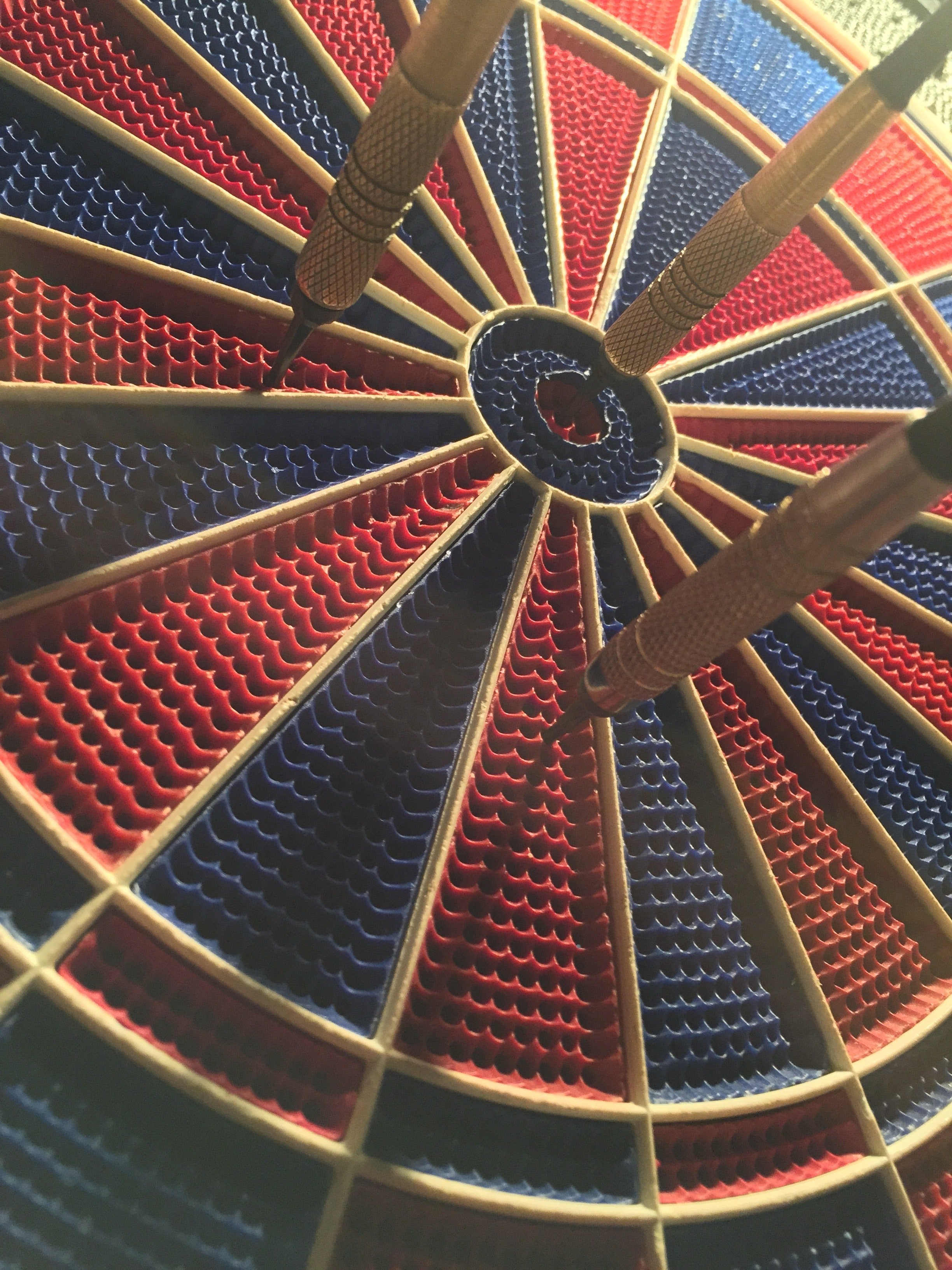
Aims
After an initial reflection on the question "Democracy - what does it have to do with me?”, the pupils and teachers involved in the project should gain a deeper understanding of the following issues:
+ the very definition of democracy and what it implies for the people who participate in it ;
+ the key elements of democratic forms of order and power, for example, the sovereignty of the people ;
+ a historical approach to notions of "demos" and "kratos";
+ the characteristics of democracy, e.g. human rights, fundamental rights, separation of powers, parliamentarianism, etc. ;
+ comparison of electoral systems in partner countries ;
+ broader understanding of democracy: how does civil society shape democracy? (interview through the eyes of the different participating countries) ;
+ the historical process of the dominant conception of democracy in the different EU countries, especially those of the partner schools ;
+ the devastation that exclusion and hostility to democracy and racial hatred can cause through visits to the concentration camps of Auschwitz in Poland, Struthof in France and the Goldene Bremm in Germany, Saarbrücken ;
+ dictatorship versus democracy: reflection on the ghettoisation of the Sinti and Roma in Romania (with a visit to the dictator's palace in Bucharest) ;
+ democracy as a way of life: what skills does a democratic society need? Skills such as tolerance, change of perspective and empathy, open-mindedness, reflection, conflict management, acceptance, ecological awareness? ;
+ the Betzavta Method which deals with democratic methods of decision-making and makes them accessible with their advantages and disadvantages ;
+ personalities and approaches from the history of democratic education, for example J. Dewey, P. Freire, E. Key, J. Korczak, C. Freinet. (democracy and school, levels of participation, legal conditions of school, democracy in education, etc.) ;
... and develop these skills:
+ understand the conditions of democratic school culture (difference between theory and practice)
+ find out where municipal youth councils exist, what their tasks and possibilities of influence are and compare them with youth councils in other partner countries
+ to gain expert knowledge on basic aspects of democracy and to draw up a list of challenges to be tackled, such as identifying fake news and manipulative speeches or videos, right-wing populism, xenophobia, etc. at national and European level in order to fight them, or to look into the "Fridays for Future" movement
The concrete outputs of our project can be powerpoints, film clips, posters, panels, surveys and micro-studies which you can find in the "outputs" tab.
They will also be presented to the school community and the public, for example in conferences and events in the school or in the town.